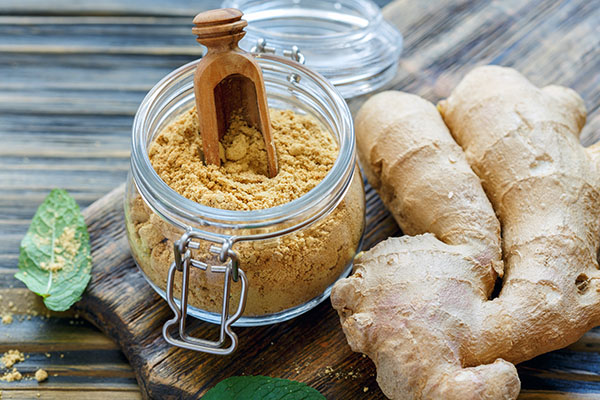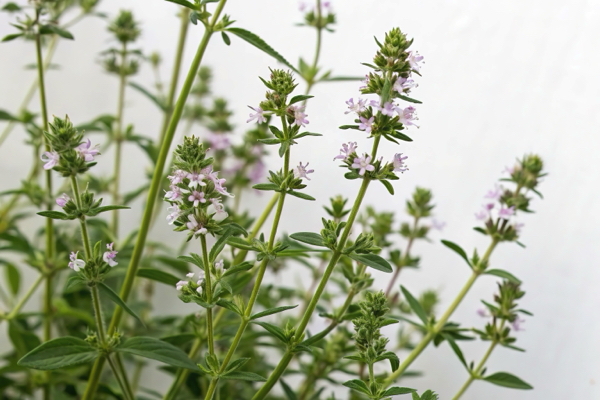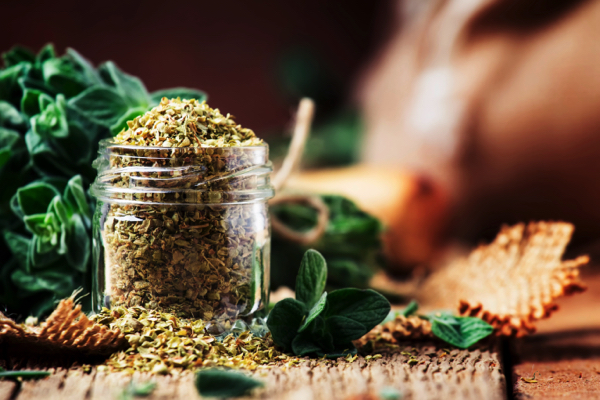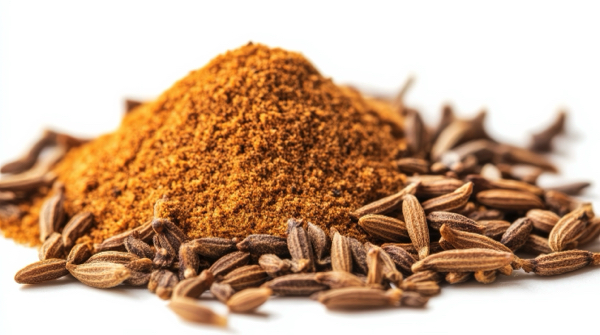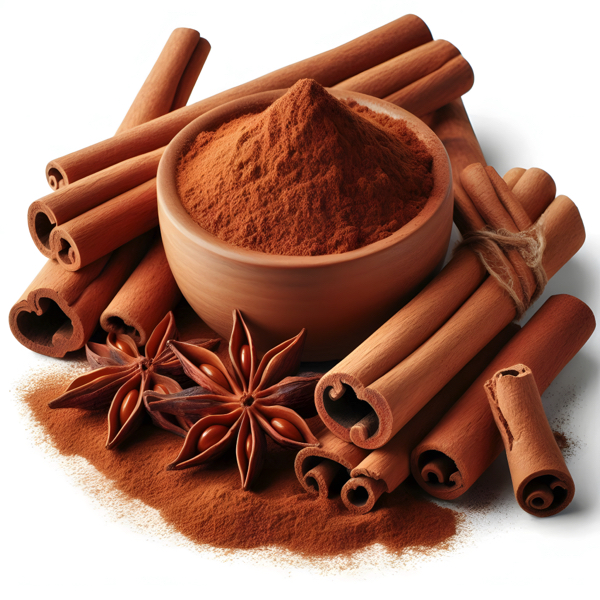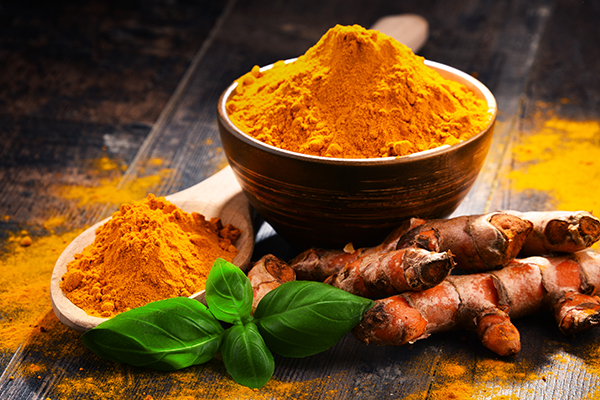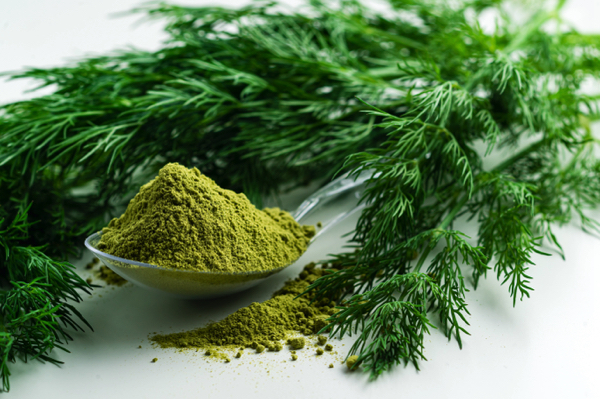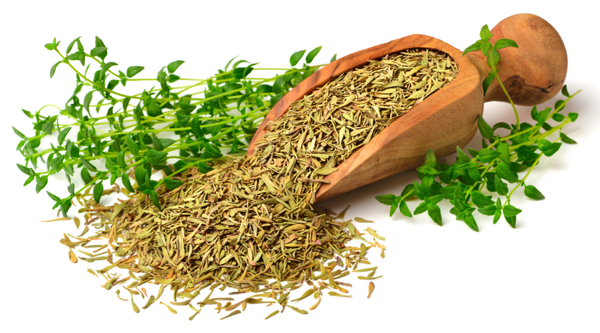Tarragon: Versatile ancient herb with science-backed health benefits
11/19/2024 / By Olivia Cook

Tarragon, often called the “king of herbs,” is celebrated worldwide for its unique flavor and health benefits.
While it is a staple in many kitchens, adding a subtle sweetness and licorice-like taste to dishes, it has also been valued for its medical properties for centuries. Whether fresh or dried, tarragon is more than just a culinary delight – it is a powerhouse of nutrients and health-supporting compounds.
Supports overall health
Tarragon is packed with essential vitamins and minerals, making it a great addition to a balanced diet. It is an excellent source of manganese, which supports bone health and brain function, iron, which helps transport oxygen throughout the body, and potassium, which is vital for maintaining healthy heart, muscle and nerve function.
Tarragon is also rich in calcium, magnesium and phosphorus, as well as vitamins A, C and B vitamins, including riboflavin (B2), niacin (B3), pyridoxine (B6) and folate (B9). Additionally, it provides dietary fiber and is low on calories – making it a nutrient-packed choice for health-conscious individuals.
Helps reduce risk of chronic diseases
Tarragon contains flavonoids, such as isorhamnetin, kaempferol, luteolin, quercetin and their glycosides, which are known for their powerful antioxidant effects. Additional flavonoids like naringenin and pinocembrin contribute to the herb’s anti-inflammatory properties.
The phenolic acids in tarragon, mainly caffeic, chlorogenic acid and vanillic acid, also serve as potent antioxidants that help fight free radicals – reducing the risk of chronic diseases.
Helps balance blood sugar levels
Tarragon may support healthy blood sugar levels by improving insulin sensitivity. In one animal study in Phytomedicine, tarragon extract reduced blood glucose levels by 20 percent. Another study in the Journal of Medicinal Food found that individuals taking tarragon before meals experienced steadier blood sugar throughout the day. For those managing blood sugar concerns, tarragon could be a valuable addition to a balanced diet.
Boosts appetite
For those experiencing appetite loss, whether due to age, illness or stress, tarragon might be helpful. Research suggests that tarragon can lower levels of leptin, a hormone that makes you feel full, thus gently encouraging you to eat more. This effect is beneficial for individuals who struggle to maintain adequate nutrition.
Helps ease pain
A study published in Clinical Rheumatology divided participants with joint pain into groups receiving either low doses, high doses of tarragon extract or a placebo. Interestingly, smaller doses of tarragon extract worked better. This suggests that tarragon may be a natural alternative for managing mild pain when consumed in moderation.
Enhances thyroid function
The thyroid gland regulates energy and metabolism by producing hormones like thyroxine and triiodothyronine. Tarragon has been shown to stimulate thyroid activity in animal studies, supporting healthy hormone levels and metabolic balance.
Fights harmful bacteria
Tarragon’s antibacterial properties are another compelling reason to add this herb to your meals. In research focused on food safety in the Iranian Journal of Microbiology, cheese treated with tarragon showed significantly fewer harmful bacteria, such as Escherichia coli and Staphylococcus aureus, which are notorious for causing food-borne illnesses.
Helps build muscle and prevent obesity
Certain varieties of tarragon, such as the Russian type, show promise in preventing obesity and enhancing muscle growth. Studies in Molecular Nutrition & Food Research indicate that tarragon improves the absorption of creatine – a compound vital for muscle energy and recovery. Whether you’re a fitness enthusiast or simply aiming to stay active, tarragon could complement your health goals.
Promotes digestive health
Tarragon has been shown to stimulate bile production, which helps break down fats and supports overall digestion. Whether enjoyed as a tea or sprinkled on your meals, tarragon might ease digestive troubles and promote gut health.
Reduces inflammation
Chronic inflammation can contribute to a host of health issues – from joint pain to heart disease. Tarragon contains compounds that reduce cytokines – proteins that trigger inflammation in the body. Animal studies in International Anesthesiology Clinics have demonstrated its ability to ease inflammation – making it a potential ally in combating inflammatory conditions.
Supports better sleep
A study in mice in The American Journal of Chinese Medicine found that tarragon extract encouraged relaxation – suggesting it may have calming properties. While more human research is needed, sipping on tarragon tea before bed could be a simple way to unwind after a long day.
Supports heart health
Studies in the Annual Review of Nutrition suggest that tarragon when combined with other nutritional herbs and spices, supports cardiovascular wellness. Its anti-inflammatory properties and nutrient profile, including potassium, make it a heart-friendly choice.
Supports brain health
Tarragon’s manganese plays a key role in neuronal health and brain function and its antioxidants, such as chlorogenic acid and luteolin, help protect brain cells from damage. Some studies also suggest that tarragon may reduce stress and improve resistance to depression.
Read more stories like this at Herbs.news.
Watch this video discussing seven health benefits of tarragon.
This video is from the Daily Videos channel on Brighteon.com.
More related stories:
10 Best herbs to plant on your kitchen windowsill.
Learn how to grow these 8 medicinal plants in your indoor garden.
How to grow fresh tarragon indoors.
Sources include:
Submit a correction >>
Tagged Under:
alternative medicine, anti-inflammatory, antidiabetic, antioxidants, blood sugar, brain health, digestion, fight obesity, food cures, food science, functional food, heart health, herbal medicine, Herbs, natural antibiotics, natural cures, natural health, natural medicine, natural remedy, nutrients, pain relief, tarragon
This article may contain statements that reflect the opinion of the author
RECENT NEWS & ARTICLES
COPYRIGHT © 2017 REMEDIES NEWS


